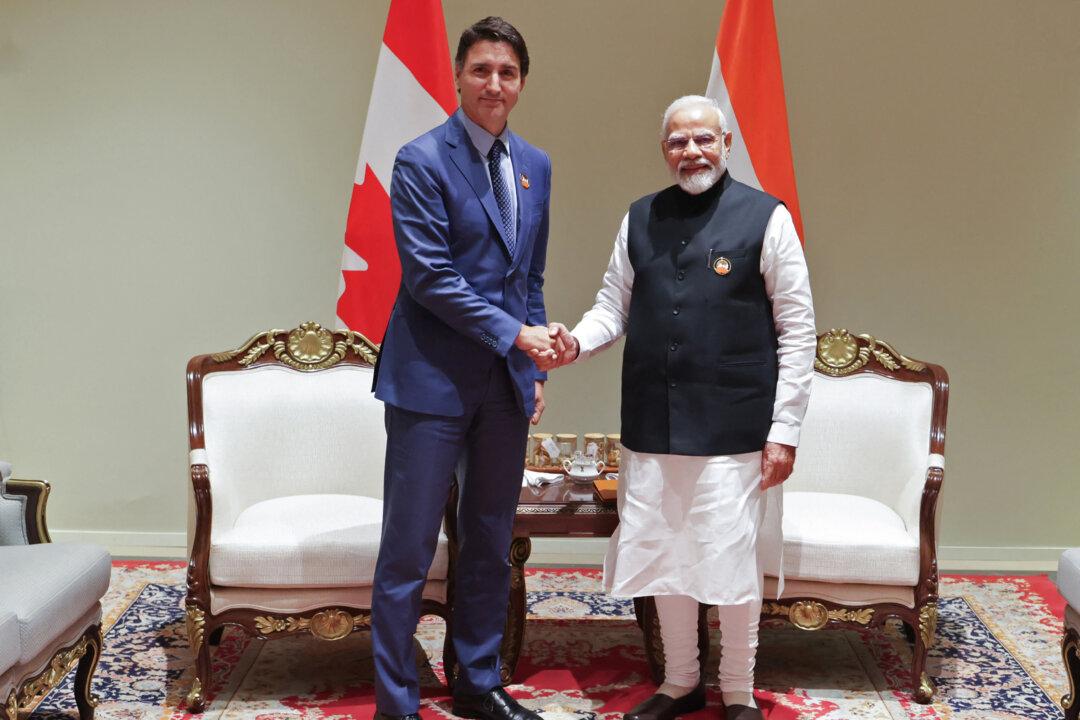Canada’s two closest allies, both working to boost ties with India, offered words of support but stopped short of criticizing the Asian giant after Prime Minister Justin Trudeau took the extraordinary step of publicly accusing the Indian government of involvement in the killing of a Canadian in B.C.
“We are deeply concerned about the allegations referenced by Prime Minister Trudeau yesterday,” said the U.S. State Department.





